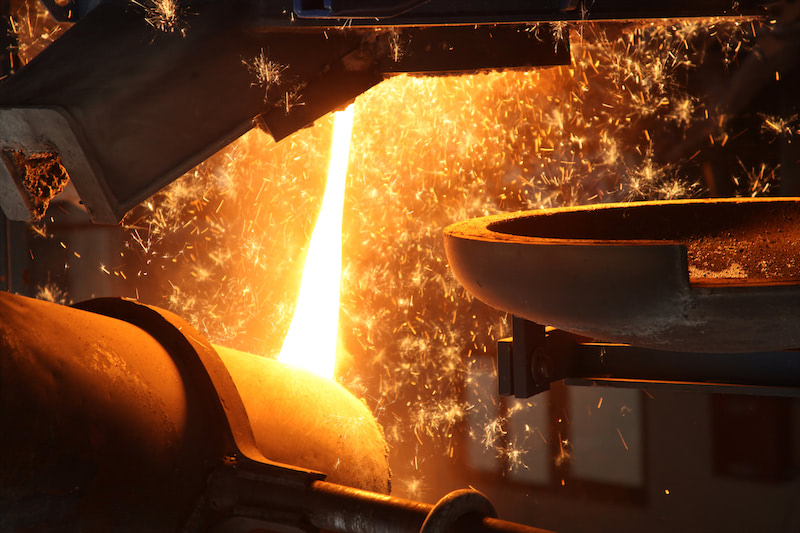by , Raul de Frutos on JUNE 27, 2016
Democracy can be a great system, but it also has some risky aspects.
One of them is the referendum, especially when it’s done in a period of instability. When people are unhappy, they look for what they think is a short-term solution to their problem, overlooking what’s really best for the country. The Brexit is a perfect example of this. The British people are unhappy because their economy isn’t doing so well, blaming foreigners that cross its borders as part of the European Union and the regulations imposed on member states by Brussels.
Referendums can also distill complex issues into a simplistic choice. Citizens democratically voted to choose their leaders and these leaders should be the ones making informed and rational decisions on complex issues. Given the complexity of the economic issues facing the U.K., the average British, Northern Irish or Welsh citizen doesn’t have the knowledge or the time to make an informed decision on what’s best for him/herself, not to mention for the whole nation.
David Cameron should know this better than anyone, but the prime minister took a gamble (supposedly agreeing to allow the vote over pizza in a Chicago airport) as he presumably thought it would be an easy win for the “Remain” forces. He got away with his Scottish referendum on independence back in 2014, but he miscalculated badly this time, taking Britain out of Europe almost by mistake.
Many experts in the matter call this the most irresponsible and irreversible act by a British government in generations and there is nearly a unanimous opinion among economists that Brexit will be followed by a permanent loss of growth.
But let’s focus on what matters to us: What does Brexit mean for metal prices? What happens now is anyone’s guess, but here is ours based on how markets are reacting:
Short-term: Dollar Up + Economic Fears = Metal Prices Down
On Friday, markets reacted to the decision. Two major developments are important for metal prices and bearish short-term:

The U.S. dollar index rises sharply as Britain votes to leave. Source: MetalMiner analysis of @stockcharts.com data.
The British pound plummeted and the Euro fell sharply. That caused the U.S. dollar to gain against these currencies. The dollar index rose sharply on Friday. A rising dollar is bearish for metal prices and, consequently, base metals fell on Friday. This is just a one-day move but it is likely that the Euro and British pound will continue to decline in Q3 as markets recognize the risks the vote poses for Europe as a whole.
The second reaction was a selloff in global stock markets, the U.S. included. The vote comes at a time when uncertainty already plagues U.S. stocks, with corporate profits declining, price to earnings ratios at a decade-long high and questions around the Federal Reserve’s ability to stoke growth.
In addition, we have some countries and sections sliding into recession. The turmoil in Europe only adds to a market already heading for trouble, as we’ve been noting for some time now. The correlation between stock markets and metal prices is not always strong but it’s hard to imagine metal prices rising while people lose their faith in the economy and stock markets collapse.
The short-term guess: The dollar rises and stock markets plunge, weighing on metal prices and perhaps triggering the last leg down of this bear commodity market. That would potentially trigger more shutdowns as producers struggle with low prices.
Medium/Long Term: Dollar down + Supply cuts = Metal prices up
This is even a bigger guess but it can’t hurt to make a hypothesis…
As stock markets plunge, the Fed will not only hold off on raising rates but could even put rates into negative territory like other central banks have recently done. That would disappoint yield-seeking investors and put pressure on the dollar. Also, after the storm passes and the EU and Britain figure out the next steps, their currencies should find stabilization.
The medium/long-term guess: The dollar weakens and mine shutdowns help tighten metal markets. Industrial metal prices start to recover.
What This Means For Metal Buyers
In theory, Brexit should add pressure to metal prices in the short-term. However, these are just predictions. Fortunately, metal buyers don’t need to rely on predictions. They need to constantly monitor markets and react to the most recent market information. One thing is for sure: volatility is going to pick up and metal buyers better have a plan.
Source: MetalMiner

![2026 Arrangements for Secondary Aluminum Alloy Enterprises During Chinese New Year Break [SMM Analysis]](https://imgqn.smm.cn/production/admin/votes/imageskkgTu20240508153005.png)
![Costs Drag Down Supply-Demand Pressure, Aluminum Auxiliary Material Prices Under Pressure and Weaken [SMM Analysis]](https://imgqn.smm.cn/usercenter/NQyKF20251217171655.jpg)
